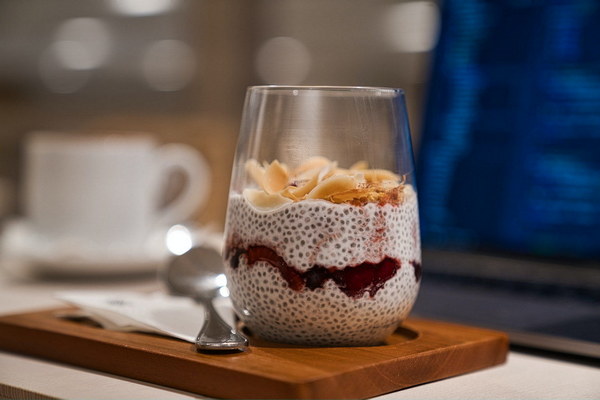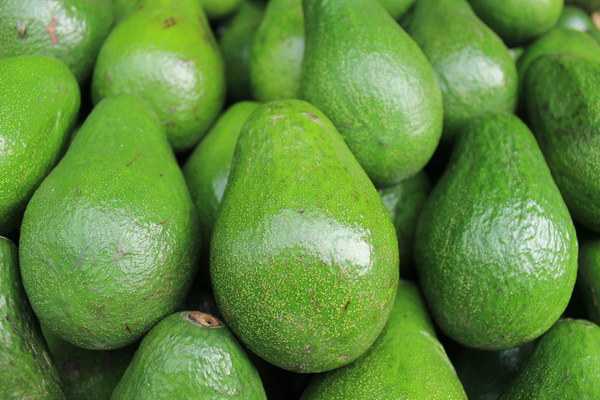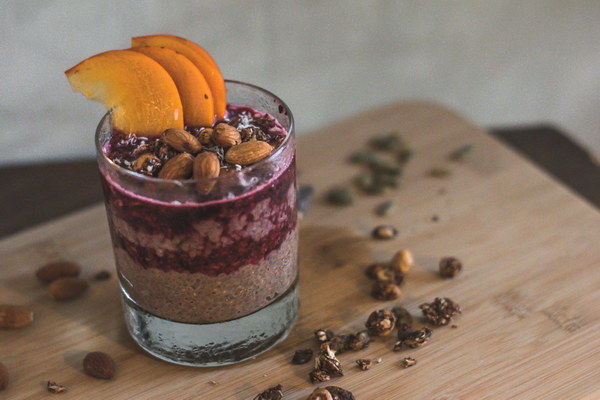Revitalizing Your Health How to Rehydrate and Nourish Your Body as a Woman
Introduction:
In today's fast-paced world, it's easy for women to neglect their hydration needs. Dehydration can lead to various health issues, including fatigue, skin problems, and even digestive disorders. In this article, we will explore the importance of adequate water intake for women and provide practical tips on how to rehydrate and nourish your body effectively.
1. Understanding the Importance of Hydration for Women:
Water is essential for the functioning of every cell in our bodies. For women, staying hydrated is crucial due to several factors:
a. Body Composition: Women have a higher percentage of body fat compared to men, which can affect their hydration levels. Maintaining adequate water intake helps in balancing body fluids and supporting overall health.
b. Hormonal Balance: Water plays a vital role in maintaining hormonal balance, which is essential for reproductive health and menstrual regularity.
c. Digestive System: Proper hydration aids in digestion, prevents constipation, and supports the elimination of waste products.
d. Skin Health: Dehydration can lead to dry, flaky skin. Drinking enough water helps to keep the skin hydrated, supple, and glowing.
2. Signs of Dehydration in Women:
It's essential to recognize the signs of dehydration to address it promptly. Common symptoms include:
a. Thirst: Persistent thirst is a clear sign of dehydration.
b. Dark-colored urine: Dark yellow urine indicates a lack of water in the body.
c. Fatigue and weakness: Dehydration can cause energy levels to drop, leading to fatigue and weakness.
d. Headaches: Dehydration can trigger headaches or migraines.
e. Dry mouth and lips: Dryness in the mouth and lips can be a sign of inadequate hydration.
3. Strategies to Rehydrate and Nourish Your Body:
a. Increase Water Intake:
- Aim to drink at least 8 glasses of water per day, depending on your body weight and activity levels.
- Carry a reusable water bottle with you to remind yourself to drink throughout the day.
- Add slices of fruits or herbs to your water for flavor and added nutrients.
b. Monitor Hydration Levels:
- Use the color of your urine as a guide. Aim for a pale yellow color, indicating adequate hydration.
- Consider using a water tracker app or a smart water bottle to keep track of your daily intake.
c. Adjust Diet:
- Include water-rich foods in your diet, such as fruits (watermelons, cucumbers, strawberries) and vegetables (lettuce, tomatoes, spinach).
- Opt for hydrating beverages like herbal teas or coconut water, but avoid excessive caffeine and alcohol consumption.
d. Regular Exercise:
- Stay hydrated before, during, and after exercise to maintain performance and prevent dehydration.
- Adjust your water intake according to the duration and intensity of your workouts.
e. Rest and Relaxation:
- Ensure you get enough rest and relaxation, as stress can increase fluid loss through sweat and respiration.
4. Benefits of Proper Hydration:

a. Improved Energy Levels: Adequate hydration helps to boost energy levels and enhance cognitive function.
b. Enhanced Digestive Health: Proper hydration aids in digestion, prevents constipation, and supports the elimination of waste products.
c. Improved Skin Health: Hydrated skin appears plump, supple, and less prone to acne and dryness.
d. Weight Management: Staying hydrated can help control appetite and support weight management efforts.
Conclusion:
Hydration is a fundamental aspect of women's health. By understanding the importance of water intake and implementing practical strategies to rehydrate and nourish your body, you can enjoy a healthier, more vibrant life. Remember, it's never too late to start prioritizing your hydration needs and reap the numerous benefits it offers.









